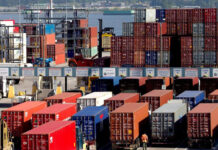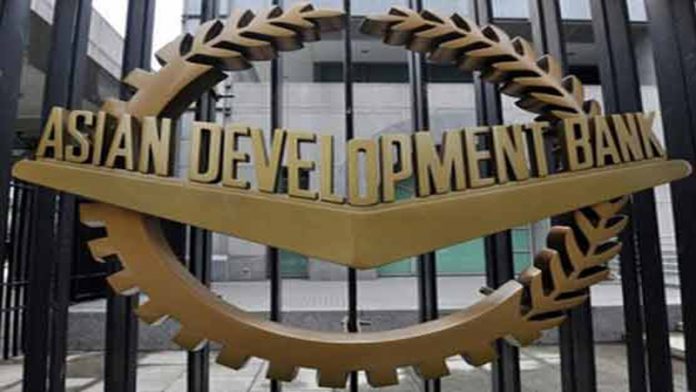MANILA: The governors of the Asian Development Bank (ADB) have supported the idea of applying differentiated pricing in the bank’s regular OCR lending to address the diverse situations of countries.
“There were discussions on graduation policy and differentiated pricing. ADB will continue to implement its graduation policy,” ADB President Tahiko Nakao in his closing address to the 51st annual meeting of ADB’ board of governors here on Saturday evening.
He said the primary purpose of this differentiated pricing is not to increase ADB’s net income.
“If countries become richer, it is reasonable and fair to ask them to pay a little bit more as an extension of our current system of transitioning from grant only to concessional lending to market-based lending”, he added. However, he informed that some governors had reservations with differentiated pricing because ADB does not have an immediate need to build equity.
As part of differentiated pricing, ADB will consider preferential pricing, for example, for countries transitioning out of concessional assistance, he added.
Some governors, he said also emphasized the importance of organic capital growth and a sustainable financial framework toward the future. “Building on our strong financial position following the successful ADF–OCR merger, we will develop more concrete proposals for differentiated pricing and long-term lending scenarios for further discussion,” he added.
Regarding the performance of Asian countries, Nakao said the economic outlook remained positive, with the region well positioned to sustain its growth momentum. However, there are several risks including a concern about inward-looking policies.
He said the significant factor driving future growth was advancements in technology such as robotics, artificial intelligence (AI), and “internet of things.”
“This will require proactive and comprehensive actions from governments and ADB to adapt and capitalize on opportunities while minimizing the risks,” he added.
Nakao said the world economic centre of gravity was shifting towards Asia and the Pacific, therefore “We should take these opportunities in a positive way while recognizing that challenges remain”.
The annual meeting of ADB was kicked off on May 03 and was concluded on Saturday.
From Pakistan’s side, Secretary Economic Affairs Division Syed Ghazanfar Abbas Jilani acted as the head of the delegation and also delivered a speech in the meeting.
He said the ADB may further strengthen its capacity to support the social sector, help expand private sector operations including Public-Private-Partnerships (PPPs), enabling development member countries to address these challenges,” Economic Affairs Division Secretary Syed Ghazanfar Abbas Jilani said while addressing the 51st annual meeting of Board of Governors of the ADB here.
He said the recent initiatives in CAREC and the China Pakistan Economic Corridor (CPEC) will contribute to improve regional connectivity, build modern infrastructure, and create enormous job opportunities in the whole region.
In this regard, he said the ADB’s continued technical and financial assistance was highly commendable and would enhance regional connectivity and trade between CAREC member countries.
Jilani said many of the development member countries had continued to face challenges caused by entrenched poverty and vulnerability, global economic uncertainty, climate change and environmental degradation, urbanisation and ageing, therefore, it was imperative for ADB to build on its strength to support infrastructure financing and regional integration.
“The 21st century has distinctive characteristics with a shift from industrial economies to knowledge-based economies, today, Asia is ready to leave this momentous transformation. If the potential of our economy is fully harnessed through appropriate policies and plan of actions, Asia will certainly play a far greater role in world affairs in promoting global well being,” he added.
He said in the realisation of ADB’s vision of a poverty-free and prosperous Asian Pacific region, “I would like to specifically mention that we had a useful discussion on the strategy 2030 early this morning which will continue to engage us till its finalisation later this year”.
He also appreciated ADB president’s role in introducing reforms and initiatives which were being implemented by the ADB leadership.
“I would also like to appreciate the expansion of ADB’s operation during the recent years by mobilising more financial resources through the merger of ADB’s Asian Development Fund and ordinary capital resources facilities as well as arranging co-financing from other bilateral and multilateral partners.”
He said, “special importance are the ADB’s policy-based programme loans that proved pivotal in supporting the reform agendas of the developing member countries”.

























